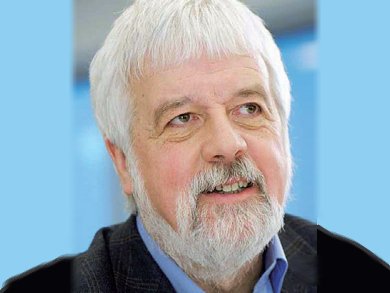Theory helps give chemists a framework for understanding bonding, reactivity, and spectroscopy, among other things. The past few decades have seen major advances in computing power and software, which have combined to provide access to increasingly accurate and efficient calculations of chemical systems.
In his Editorial for Angewandte Chemie, Walter Thiel, Max Planck Institute for Coal Research, Müllheim, Germany, takes a critical look at the current state of theoretical chemistry. He explains how theoreticians, computational chemists, and experimentalists use computational methods in different ways. He encourages collaboration between these groups, which can be fruitful for all sides. And he advocates adoption of curricula that cover modern theoretical methods to adequately acquaint students with the tools of computational chemistry.
- Theoretical Chemistry—Quo Vadis?
W. Thiel,
Angew. Chem. Int. Ed. 2011.
DOI: 10.1002/anie.201105305
See also:
- The Importance of Chemistry for the Future of the Pharma Industry
Hanno Wild discusses how the future of the pharma industry will depend on organic chemistry - Why Help a Growing Scientific Giant?
Richard Zare discusses how helping China develop scientifically can benefit the West - The Future of Chemical Education
Peter Atkins discusses the future of chemical education and the role of the multimedia electronic textbook - Chemistry’s Role in Regenerative Energy
R. Schlögl discusses the current energy mix of nuclear, fossil, and renewable energy carriers and shows the importance of chemistry - Chemistry As Innovation Driver
Renowned chemists discuss research politics, relationship of chemistry and society, and Angewandte’s 50th anniversary




